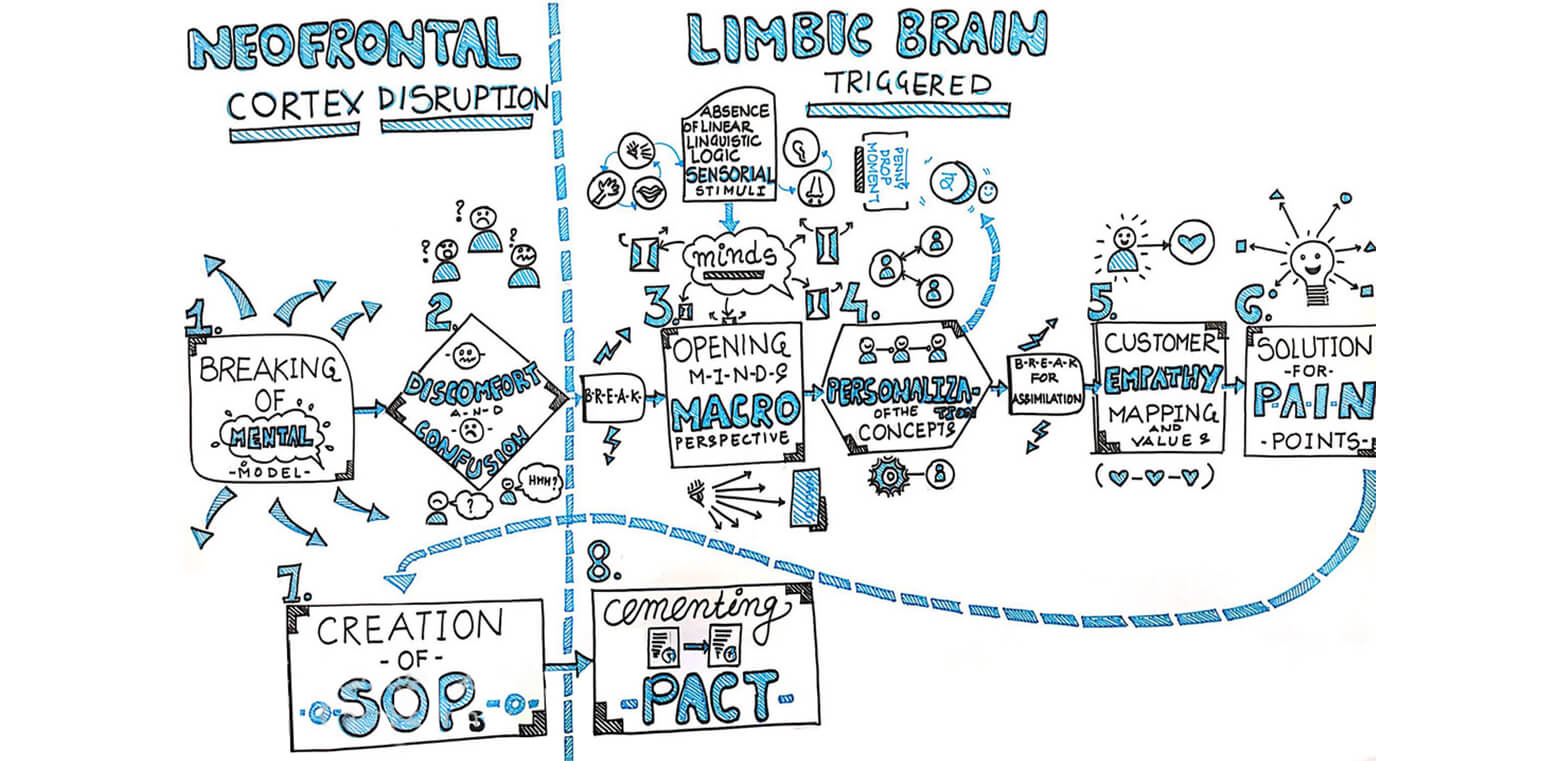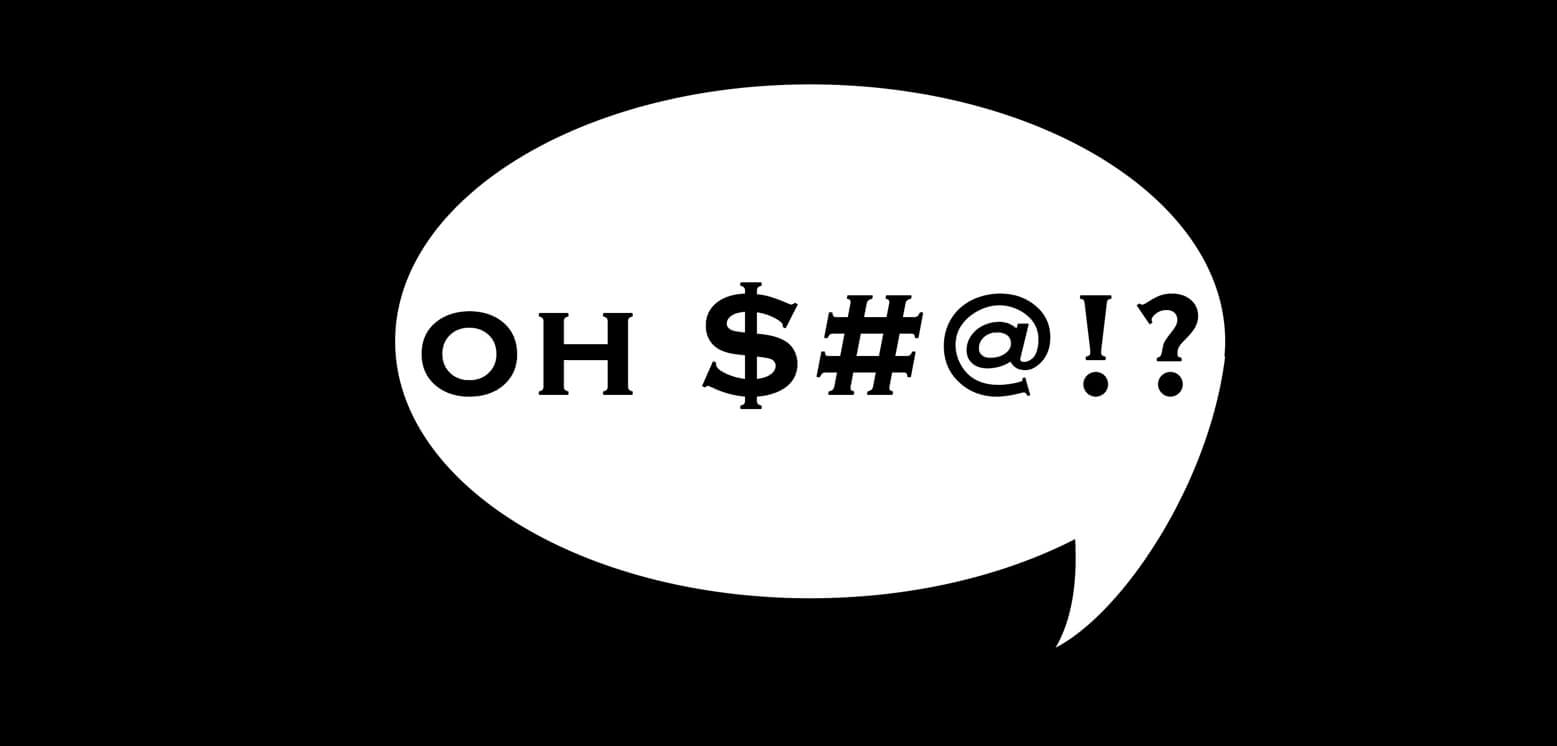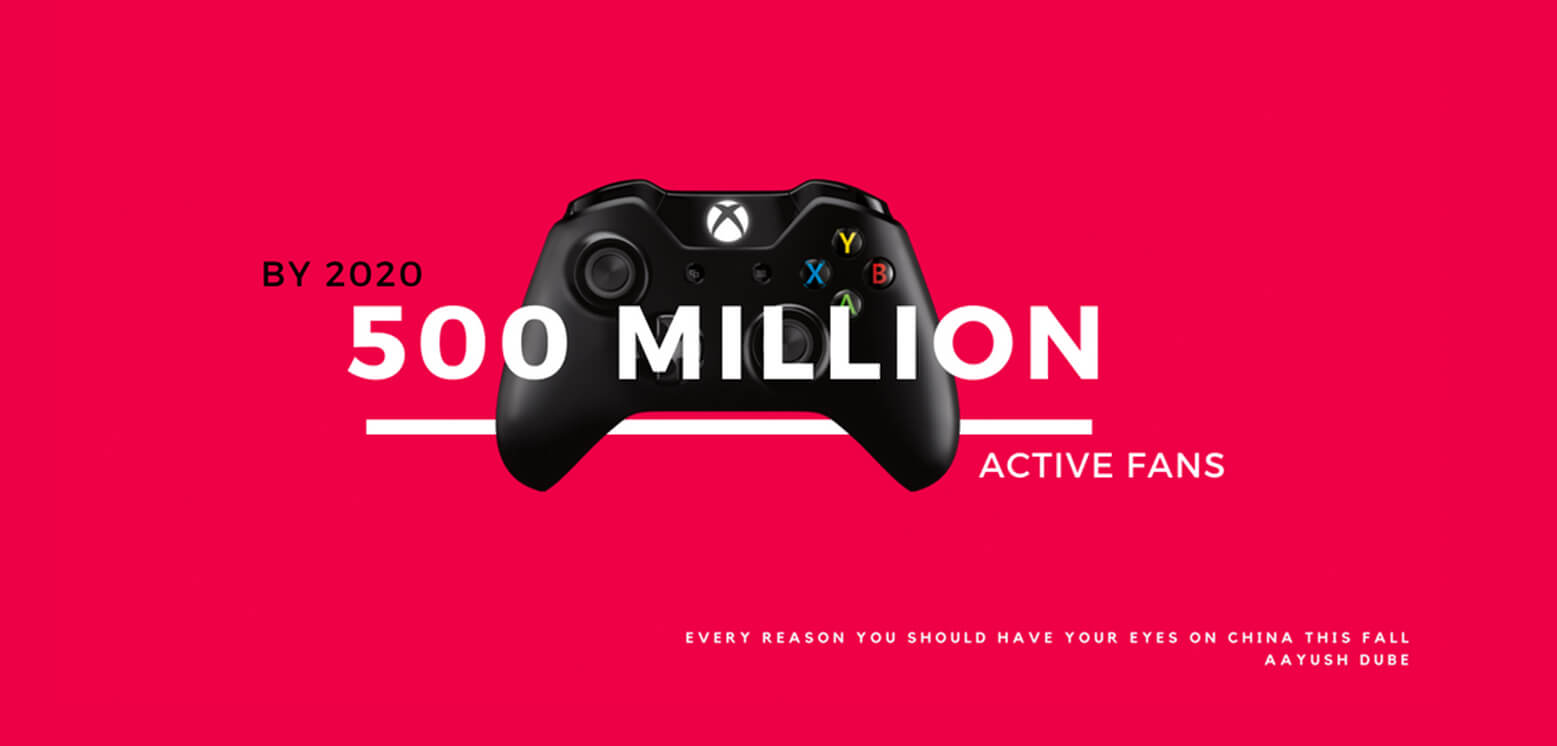What is DESIGN THINKING?
A CEO I met recently is transforming his organization by getting DT workshops conducted across senior, middle and junior management. ‘They are all learning the process’, he said. Young candidates try to impress upon me in job interviews about how they are keenly interested in design thinking. They have mastered the 5-step process defined by IDEO.
Design thinking is not a process. Nor is it a method. Quite simply, it is a different way of thinking.
As we evolved to be homo erectus; we stood straight and could see further in the distance. Simultaneously, we used our peripheral vision and all our senses to analyse information around us. But as language evolved, particularly writing – our brain thought in a linear fashion. Sense was now made a letter at a time, a word at a time, a sentence at a time. And unless we heard or read the next one – there was little meaning to be derived. All schools of learning – science, mathematics, and human sciences developed this linear approach. Logic and reasoning – by induction or deduction, decision trees and all other analytical tools were also developed in this linear construct. Thus – if you followed the trail – the conclusions became more and more obvious.
Design Thinking is simply a way of non-linear thinking. The biggest of discoveries and inventions have occured when after months and years of immersion in the problem, the solution just emerged as a Eureka. When our brain immerses in data around us, we trigger new neural pathways, making newer connections and thus arrive at disruptive solutions. Disruptive because our linear linguistic logic would never have got us there. And disruptive because in a world where everyone is thinking in steps and stages, a spiral way of thinking creates totally new possibilities. Immersing is learning everything there is to about the situation. It is feeling the pain or joy of the user, it is traversing the journey, it is triggering all our senses by capturing the data sensorially and keeping it around us.
Design Thinking is about unlearning – rather than learning. It is about immersion – rather than research. It is about feeling what the user feels rather than listening. It is about the rigour to achieve effortless thought, rather than rigour of effortful proof. It is looking at the whole rather than the sum of its parts.
It really is that simple.




